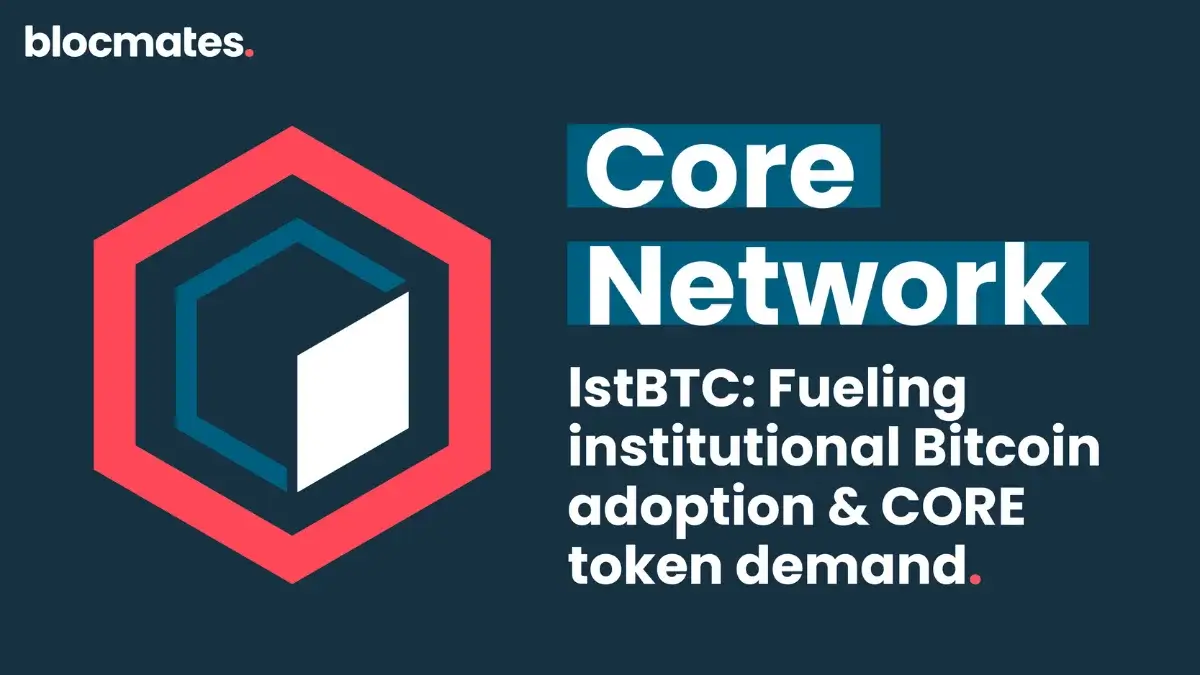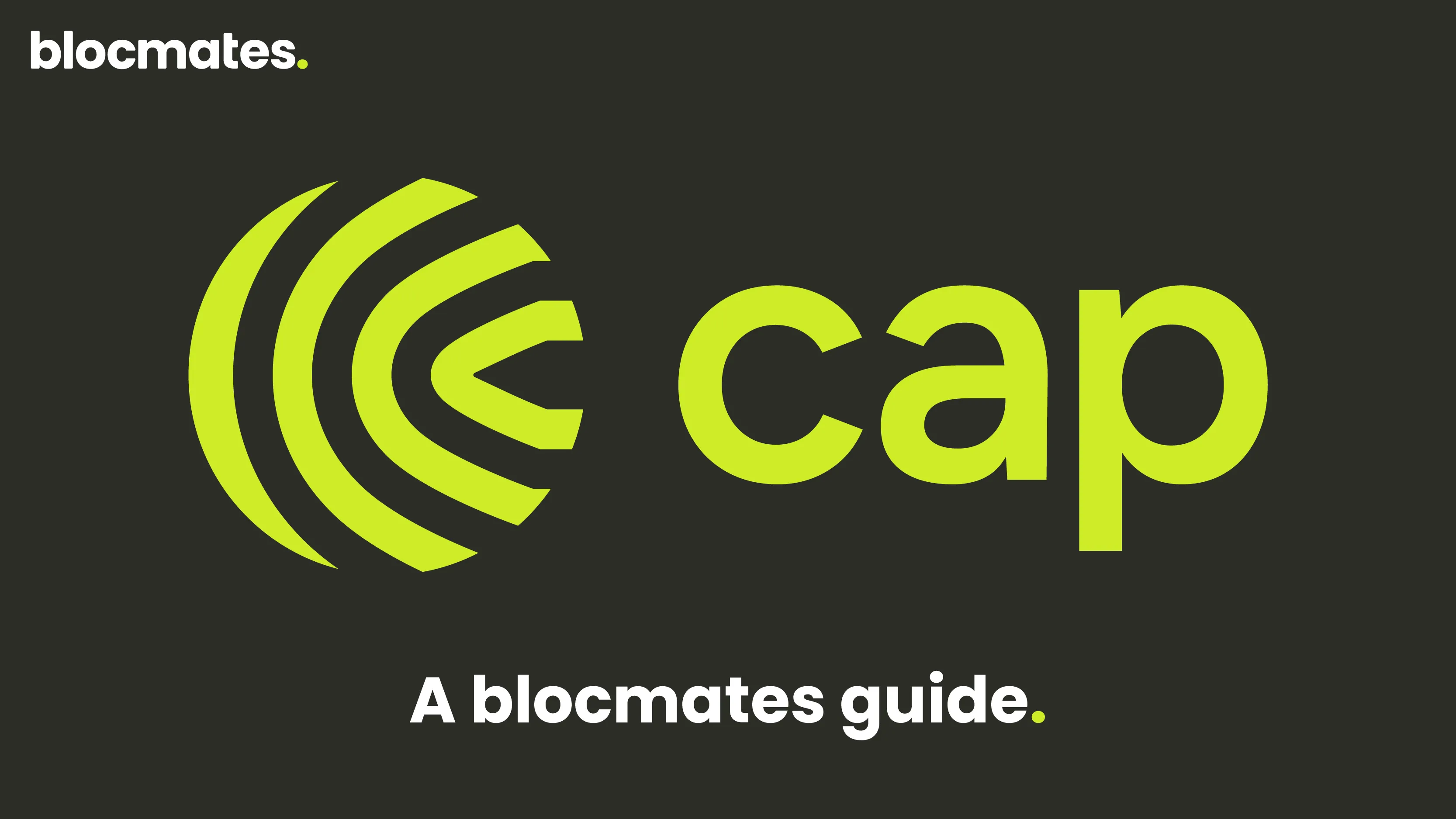The Digital Currency Group is launching a new AI-focused subsidiary to foster the development of the Bittensor network.
Background
- Called Yuma, the new company will focus on incubating and building new businesses that use decentralized AI to perform tasks and earn rewards
- DCG made its first investment into Bittensor in 2021
- The conglomerate’s asset management firm, Grayscale, poured in funds dedicated to AI — including Bittensor’s in-house TAO token — recently
Why should you pay attention?
- Roughly put, what Joe Lubin’s Consensys model is to Ethereum is what Yuma incubation and design studio is to Bittensor
- However, instead of owning all of the subnets, it sticks to the Y Combinator model — a venture capital firm x an accelerator
- Yuma has five subnets that are live at the minute
- Four trod on the accelerator program path, while the other leaned back on incubation
- Nine other subnets are in development and are expected to go live in the foreseeable future
Who said what?
- DCG chief and Yuma CEO Barry Silbert, said,
“Just like the early days of Bitcoin, which fueled the development of a new form of transparent, borderless money, we’re moving from the digital ownership of assets to the decentralized ownership of intelligence”
- He added,
“If you ask five people 'What is Bittensor?' You will get five different answers… If you remember early Bitcoin, some people would say it's money, some people would say it's gold. Some people would say it's this blockchain. The way that I look at Bittensor is as the World Wide Web of AI”
Zooming out
- Silbert will assume the CEO position at Yuma
- The new spin-off is expected to have around 25 employees on day one
- Other than Bittensor, DCG has also invested in Tensorplex, Flock, and Natix
- OpenAI, Meta, and Google are creating a ‘walled garden access’ to AI
- Bittensor, however, is changing that narrative
- Over the next 20 years Silbert expects to see “the next Ubers and the Airbnbs” emerge, thanks to permissionless innovation















.webp)

.webp)
.webp)

%20(1).webp)



























































%202.webp)


.webp)

.webp)
.webp)
.webp)



.webp)












%20the%20Next%20Big%20Unlock%20in%20AI.webp)




.webp)
.webp)

.webp)
.webp)
.webp)


.webp)
.webp)










.webp)


.webp)









.webp)







.webp)




.webp)


























.webp)







.webp)















.webp)

.webp)
.webp)

.webp)














.webp)

.webp)


.webp)








.webp)




